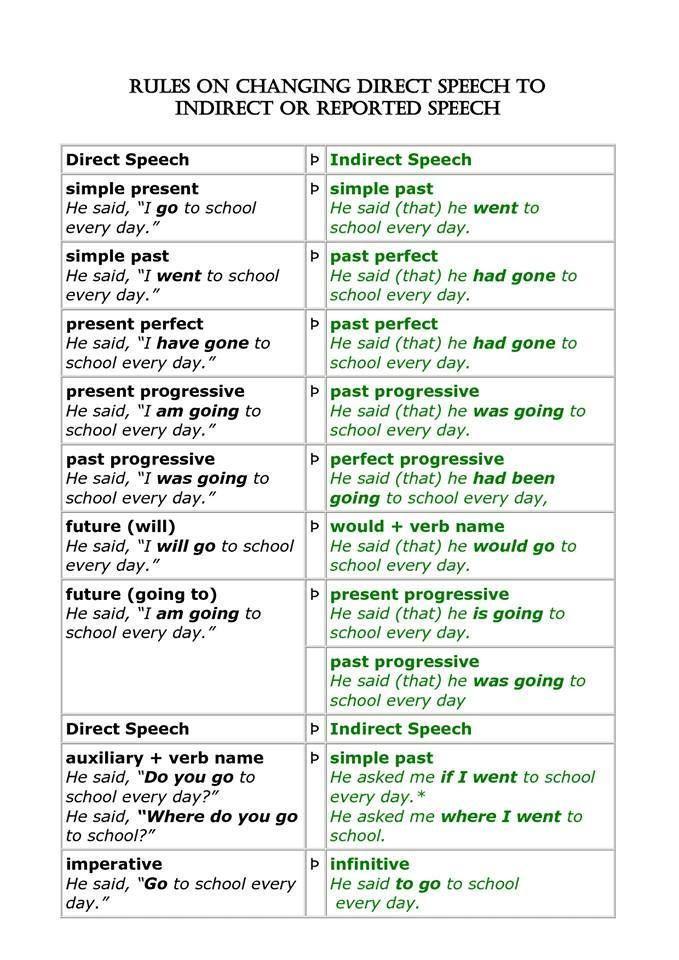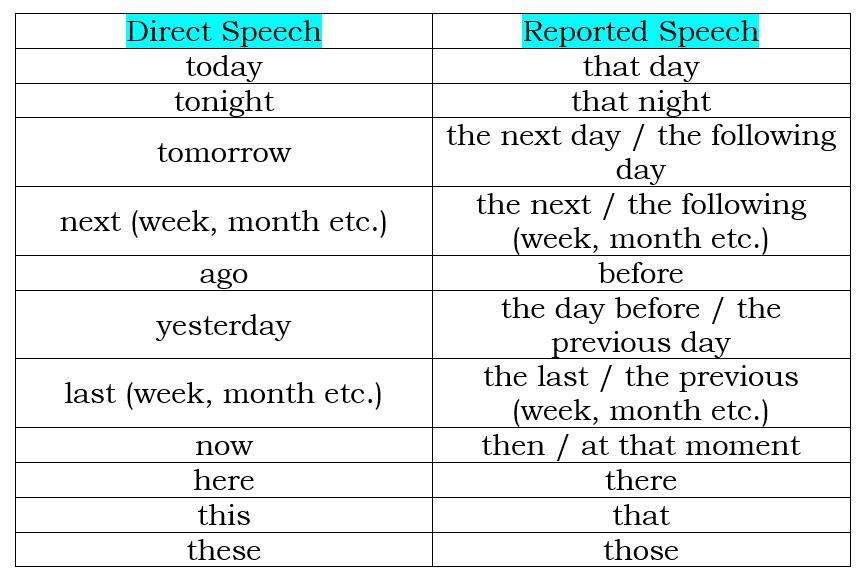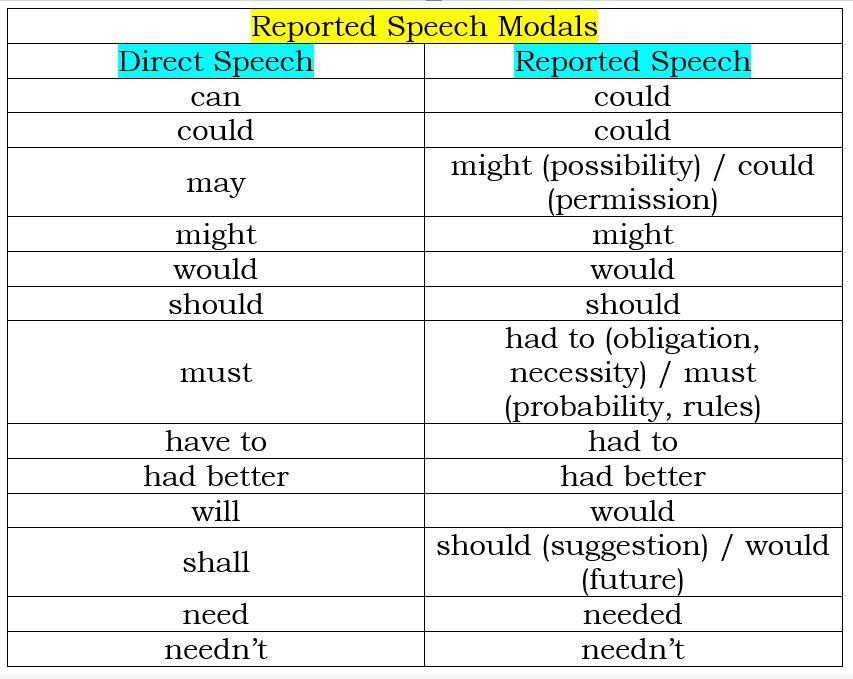Помогите пожалуйста сделать,в непрямую речь
One day the woman said to her stepson: "I always wanted to have a son, and now I have you, Segab. I love you very much, my boy. You are very dear to me."
But Segab answered: "I'm not your son, and you are not my mother. I don't love you, I will never love you." The old man said: "I can help you. But first you must bring me three hairs of a lion." "But how can I do this? The lion will eat me", the woman said. "I can't answer your question. I need three hairs of a lion. Try to get them." "What must I do with them now?" she asked. "Nothing", the old man answered, "But now you know how to approach' a lion: little by little, step by step. Do the same with Segab, and I'm sure he will begin to love you."
Ответы
Ответ:
1) One day the woman said to her stepson that she had always wanted to have a son, and finally she had Segab. She said that she loved him very much and that he was very dear to her.
2) But Segab answered that he was not her son, and she was not his mother. He didn't love her and would never love her.
3) The old man said that he could help the woman. But first she had to bring him three hairs of a lion.
4) The woman asked how she could do that. She added that the lion would eat her.
5) He said that he couldn't answer her question. He just needed three hairs of a lion. He told her to try to get them.
6) She asked him what she had to do with them then.
7) The old man answered she didn't have to do anything. But then she knew how to approach a lion: little by little, step by step. He advised her to do the same with Segab. He added that he was sure he would begin to love her.
Объяснение:
Reported speech
Утвердительные и отрицательные предложения
Времена меняются на время назад (см. вложение 1).
- Например, She said, "I always wanted to have a son" меняется на She said that she had always wanted to have a son.
Указатели места и времени меняются соответственно таблице (см. вложение 2).
- Например, "What must I do with them now?" she asked. меняется на She asked him what she had to do with them then.
Меняются местоимения. Если женщина говорит про себя "я", мы не можем при передаче ее слов использовать это же местоимение, для нас женщина - это "она" (можно использовать слово "женщина / ее имя / обозначить ее еще каким-либо образом). Очевидно, что обращения тоже оставлять нельзя.
- Например, "I love you very much, my boy." меняется на She said that she loved him very much.
Модальные глаголы меняются соответственно таблице (см. вложение 3).
- Например, "But first you must bring me three hairs of a lion." меняется на But first she had to bring him three hairs of a lion.
Повелительные предложения меняются с использованием таких глаголов как tell, advise, offer, order, request, warn, suggest и т.д.
- Например, "Do the same with Segab..." можно передать как He advised her to do the same with Segab.
Вопросительные предложения
Чтобы передать вопросительные предложения, вперед ставится вопросительное слово (what / where / when etc.), если оно есть, а если его нет, то if / whether. Дальше порядок слов как в утвердительном предложении. Все правила (описанные выше) тоже действуют.
- Например, "What must I do with them now?" she asked. меняется на She asked him what she had to do with them then.
#SPJ1


